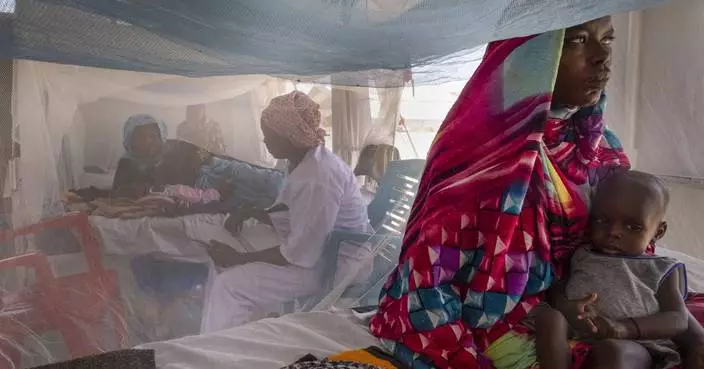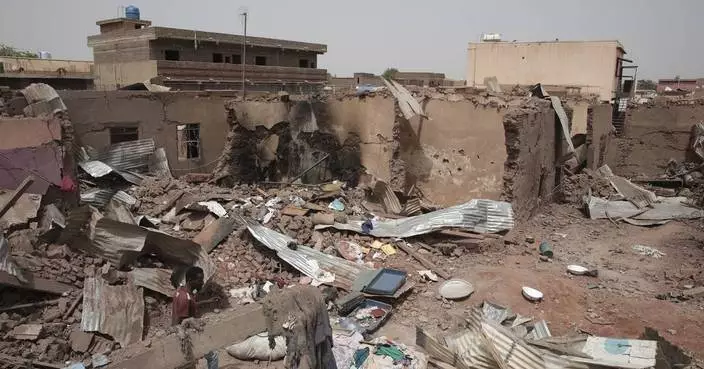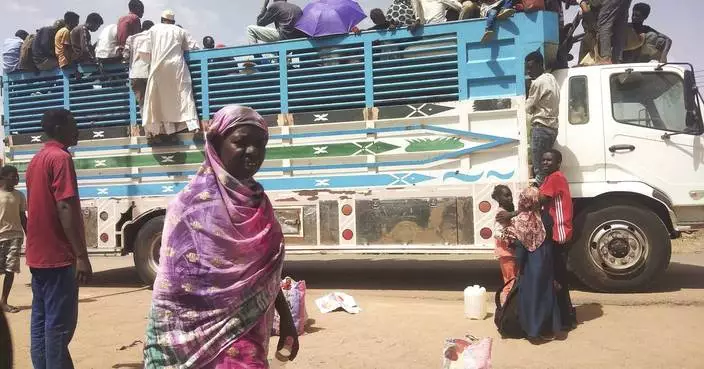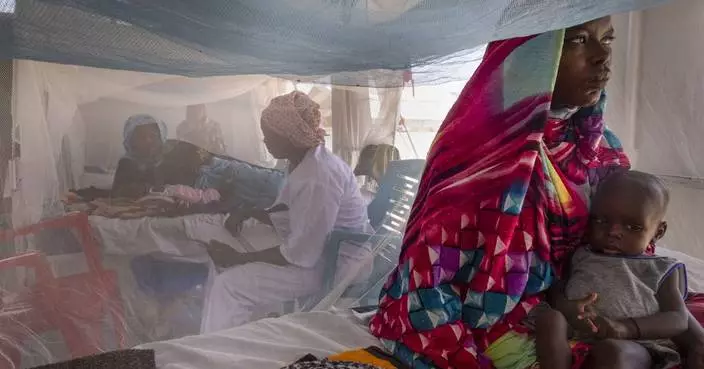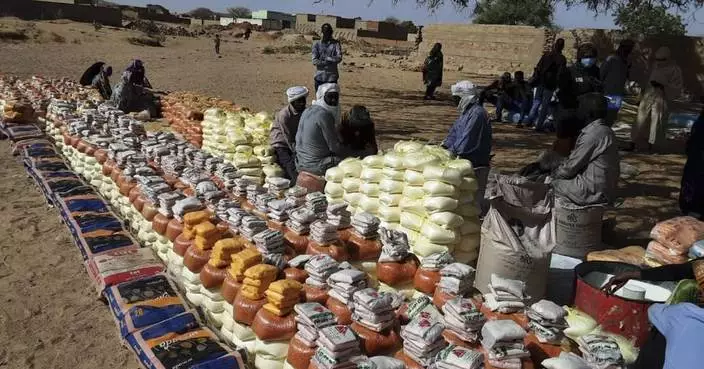A Sudanese military helicopter loaded with weapons and ammunition crashed Wednesday, shortly after taking off from an airport in an eastern province bordering Ethiopia, officials said.
The Apache attack helicopter burst into flames after crashing at Wad Zayed airport in the town of al-Showak in al-Qadarif province, but the three-person crew survived the crash, the Sudanese officials said, speaking on condition of anonymity because they were not authorized to talk to reporters.
Sudan’s state-run SUNA news agency reported that the helicopter crashed directly after taking off. The cause of the crash was not immediately clear.
In the past two months, Sudan’s military has deployed troops to the border areas with Ethiopia and said it reclaimed territories for years controlled by Ethiopian militias and farmers.
Ethiopian and allied regional forces have been fighting local forces in the Tigray region since early November and attacks over the border into Sudan last month have strained ties between the neighboring countries. The Tigray fighting has sent over 60,000 Ethiopian refugees into Sudan, mostly into al-Qadarif.
At least five Sudanese women and a child were killed in an attack Monday inside Sudan by Ethiopian militias, the Sudanese foreign ministry said.
Aircraft crashes are not uncommon in Sudan, which has a poor aviation safety record. In January last year, a military plane, a Russian Antonov An-12, crashed in the restive West Darfur region, killing all 16 people on board, including two women and two children.
In 2003, a civilian Sudan Airways plane crashed into a hillside while trying to make an emergency landing, killing 116 people, including eight foreigners. Only a small boy survived the crash.
Wednesday's crash came as Sudanese Gen. Abdel-Fattah Burhan was in al-Qadarif to inspect troops stationed in the border areas, the military said.
In an address to troops close to the borders, he insisted that they won’t give up territories that the Sudanese military reclaimed in the past two months, according to SUNA.
“We have been patient and silent in the face of harm and threats for 25 years, but everything has limits. All means are available to defend and protect the land of Sudan,” he said.
He said at least five Sudanese troops were also killed in a cross-border attack by Ethiopian militias earlier this month.
The visit underscores heightened tensions on the border, after the latest round of talks in Khartoum failed to achieve a breakthrough in the dispute.
Both Sudan and Ethiopia have held talks recently to courage Ethiopian farmers to withdraw from Sudan’s al-Fashqa border area, where they have farmed for years.
Moaz Teqno, head of Sudan’s national border commission, said Ethiopia’s incursion into Sudan started in 1957, and that there were 10,000 Ethiopian farmers within Sudan’s international borders.
Speaking over a video call Wednesday to foreign diplomats and ambassadors in Khartoum, he said Sudan's government has “all documents” that support its sovereignty over territories recently retaken by the military, according to SUNA.
Ethiopia's ambassador to Sudan, Yibeltal Aemero, told the briefing that “all the recent unprecedented action of the Sudanese army will complicate the bilateral relations, including the pending task of the re-demarcation of the common boundary with huge implications to peoples of the two countries and the region at large unless corrected urgently,” Ethiopia's foreign ministry said in a statement.
The Ethiopian ambassador also accused Sudanese troops of taking advantage of the deadly conflict in Ethiopia's northern Tigray region to enter Ethiopian territory and loot property, kill civilians and displace thousands of people. Sudan has rejected the claim.
Separately, Sudan's foreign ministry said Wednesday that an Ethiopian aircraft violated the country’s airspace, calling it a “serious and unjustified escalation” that could further strain ties with Ethiopia. The ministry warned of “grave consequences” and urged Addis Ababa to “stop such hostile activities.”
There was no immediate comment from Ethiopia.
On Tuesday, Ethiopia's foreign ministry spokesman Dina Mufti told reporters that Addis Ababa was not looking to engage in fighting with Sudan and “get into a war."
“You do not immediately punch someone's nose who punched you the same, but you may cut his head another time,” Mufti said.





